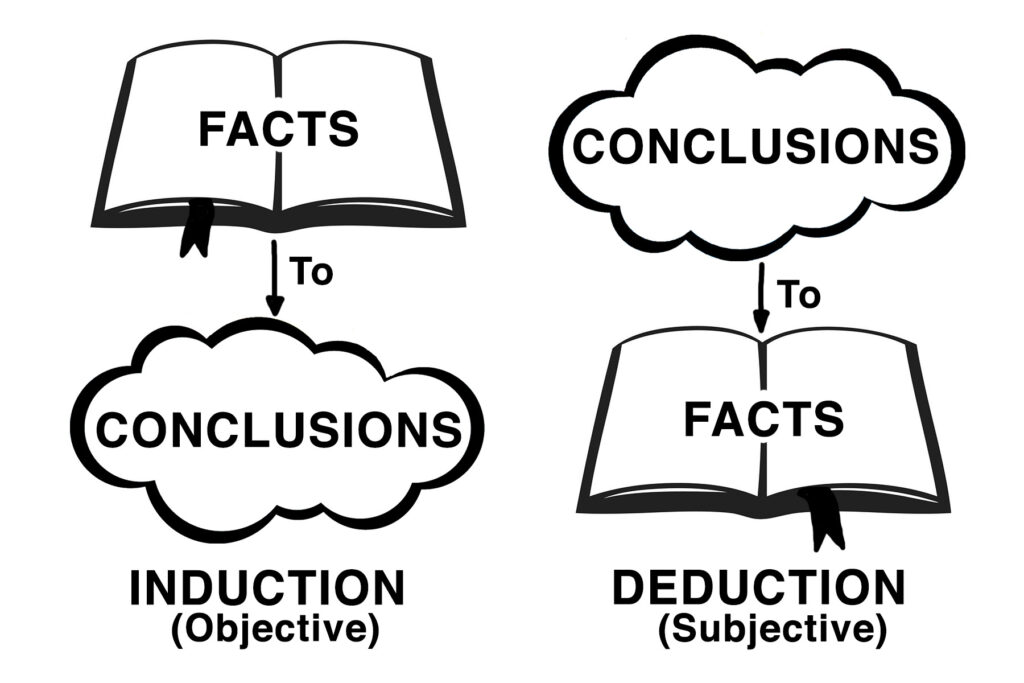When most of us reading this blog pick up a bible to read or study that Bible will be in English. For many, many people that will be the only exposure to God’s word.
Don’t worry there is a lot you can glean from scripture in observing the structure that is presented in English.
Literary Structure
In grammar, you learned about paragraphs, sentences, phrases, and clauses. This knowledge is the core understanding you will need in observing the structure within a Bible book.
Bible Study Methods give this list for Units of Structure:
We should be able to recognize each of these in a Bible passage.
- The Phrase — Grammar: A group of two or more associated words, not containing a subject and predicate. One example is the prepositional phrase.
- The Clause — Grammar: A group of terms, including a subject and predicate, and sometimes one or more phrases, constituting a partial (or whole) unit of thought and expression.
- The Sentence — Grammar: A group of words containing subject and predicate. There are declarative, interrogative, imperative, and exclamatory sentences, or a single word, in the case of the simple imperative. A sentence must contain a complete thought.
- The Paragraph — Grammer: A group of sentences constituting a unit of thought and expression. The paragraph develops a point or subject. In modern English the paragraph is much more clearly defined than it is in the Bible.
- A Segment — In Bible study it is a group of paragraphs constituting a unit of thought, or developing a thought.
- A Division — In Bible study, some books have divisions. This is a group of segments constituting a larger unit of thought or subject matter.
- The Book — This is a Bible division. The Bible contains 66 books in all, each of them written for a specific purpose at a given time. Some are history, some are prophecy, some are for instruction, some are poetry. Each book of the Bible has its own characteristics.
We will be spending more time with some of these units in the weeks to come. For today, let’s focus on how we can refine our focus and understanding of a passage through the simplified structure of a sentence.
Structure Within a Paragraph
(Grammar Police: What follows will be a very simplified approach to grammar meant to give a wide group of people the tools they need to get into Bible study. I know I’m missing things. Please leave me a comment below on anything that might further clarify these points.)
A paragraph is “A group of sentences constituting a unit of thought and expression. The paragraph develops a point or subject.” These sentences all have two main parts: the Subject Part and the Predicate Part.
Subject Part
A Subject “…is a word or group of words which name the person or thing about whom or which the statement is made. In its simplest form, it consists of a noun or a pronoun.”
The Subject Part includes the words that belong to the subject, such as adjectives.
Predicate Part
A predicate “… is a word or group of words which make a statement about the subject. In its simplest form, it consists of a verb alone.”
The Predicate Part includes all the words that belong to the predicate, such as adverbs. We will also consider the Object of the sentence (direct or indirect object) to be a part of the predicate part.
Illustrations
If you’re like any of the classes I’ve taught in this, you’re thinking; “This is way too hard. I’m going to skip to next week.” Please don’t do that. This concept is simpler in action.
Here are a couple of illustrations to get you started. If you have any questions please send me a message through the contact page on this website.
Philippians 1:3
“I thank my God upon every remembrance of you,”
The simple subject and predicate of this sentence is “I thank”
The subject part is “I” and the predicate part is “thank my God upon every remembrance of you,”
Philippians 1:15
“Some indeed preach Christ even of envy and strife; and some also of good will:”
The simple subject and predicate of this sentence is “some preach”
The subject part is “Some indeed” and the predicate part is “preach Christ even of envy and strife; and some also of good will:”
Your Turn
Give it a Try
Use a blank piece of paper to note the simple subject and predicate of other sentences in Philippians 1.
Brush up on your grammar skills
Take a few minutes to find answers to some of your questions that have come up as you’ve read this post. There are some great free tools online to help in understanding grammar.
Keep it Simple
Don’t overthink all this. Understanding grammar is a step on the path of understanding scripture, it is not an end in itself.
Note: Quotes and concepts drawn from “Bible Study Methods” by Burton Brush. Used with permission.



